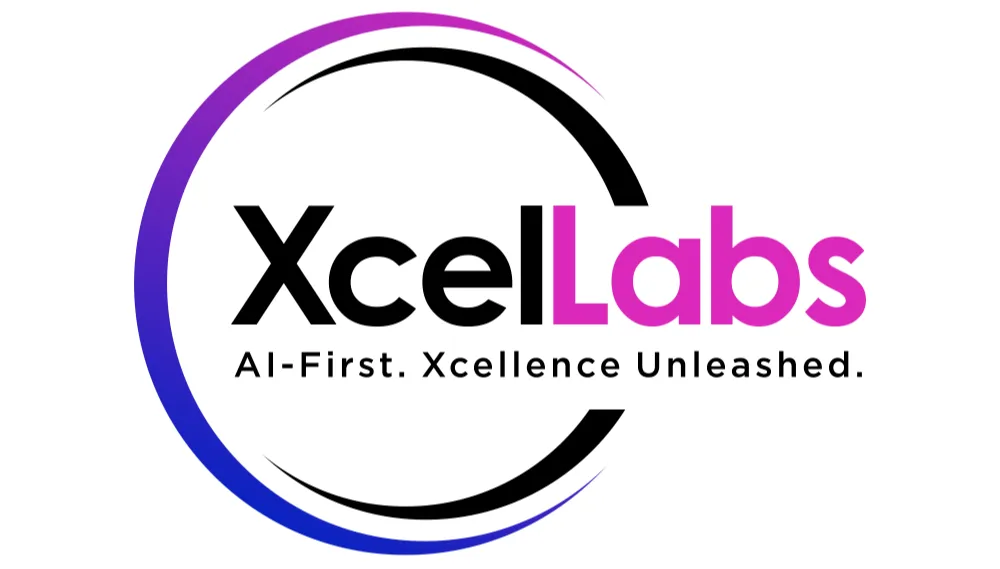What Is AIQ and Why It Matters
Oct 10, 2025
AI is changing accounting. Right now, most people treat it like an intern. It can clean up a report, draft an email or summarize what you don’t have time to read. That is helpful, but it’s also limited.
The bigger opportunity is using AI as a thought partner. Imagine asking it to suggest a few strategies you may have overlooked or to point out a question that could deepen your next client conversation. That is a very different role than a digital intern.
This new skill is called AIQ. It is your ability to think with AI, not just automate tasks. And it is becoming one of the most important abilities for business leaders today.
What Is AIQ
AIQ stands for Artificial Intelligence Quotient. Think of it as your ability to work with AI in a way that levels up your thinking. It is not about writing code or becoming a data scientist. It is about knowing how to use AI in real, day-to-day accounting work.
Research from MIT shows that people who learn to collaborate with AI improve both speed and accuracy. For example, an accountant might use AI to scan thousands of transactions for unusual patterns, then apply their own judgment to interpret the results. A marketing leader might ask AI for a campaign outline, then refine it with human creativity. In each case, AI is doing the heavy lift, but people are steering the outcome. That is AIQ in action.
What if the real breakthrough with AI is not in tasks, but in thinking?
Why It Matters
Moving from tasks to thinking is what raises the stakes for firms. In other words, AIQ matters because it changes how value is delivered.
Compliance work will always be part of the profession, but clients are asking for more. They want advisors who can interpret data, anticipate risks and point to opportunities. Leaders who build AIQ can deliver that depth in real time, when decisions are being made.
And the need could not be more urgent. Deadlines are shorter. New rules keep coming. And client expectations keep climbing. They want faster answers, sharper insights and guidance that looks ahead.
AIQ helps turn those demands into opportunities. Picture an accountant preparing for a client meeting. Instead of digging through articles, they ask AI to pull the latest industry news so they can focus on strategy and advisory conversations. That frees up time for the work clients value most.
The same applies at the leadership level. A managing partner might ask AI to model the impact of a regulatory change on different service lines, then use that analysis to guide strategic planning. Or a leader could use AI to rehearse client conversations, testing how a new idea might land and refining the message before stepping into the room. These are the moments when AI stops being an assistant and starts being a thought partner.
It also matters for talent. Staff who learn to use AI as a thought partner are not just finishing tasks more quickly. They are building the skills to think, analyze and advise. That growth keeps people engaged and helps firms hold on to the next generation of leaders.
Think back to when spreadsheets first showed up. At first, they were a niche tool for specialists. Over time, they became a baseline skill every professional needed. The same happened with pivot tables. What once felt advanced is now essential. AIQ is on that same path.
And the good news is you can start building your AIQ now.
Building Blocks of AIQ
AIQ is not fixed. You can build it step by step. Start small. Use AI to summarize a document, draft meeting notes or highlight trends in data. Let the technology take the first pass. Then apply your own judgment to finish the work.
Encourage teams to experiment and share what they learn. Make time to ask, “What did AI get right? Where did it fall short?” Those small conversations build trust and skill. Over time, people learn to ask better questions, stress test answers and compare results. That is how AIQ gets its start.
As skills grow, the next step is to use AI for exploration. Ask it to surface blind spots, compare options or point out connections you may not have noticed. Prompts like these stretch thinking and train teams to see AI as part of the decision-making process, not just a shortcut.
Try It for Yourself
Your AIQ will shape how you lead in an AI-powered world. It is not about becoming an expert in every tool. It is about learning how to think with them. Because AI can do more than lighten the load. In the right hands, it can change the game.
Curious where you stand? Take our quick AIQ self-assessment and see how your skills stack up.


